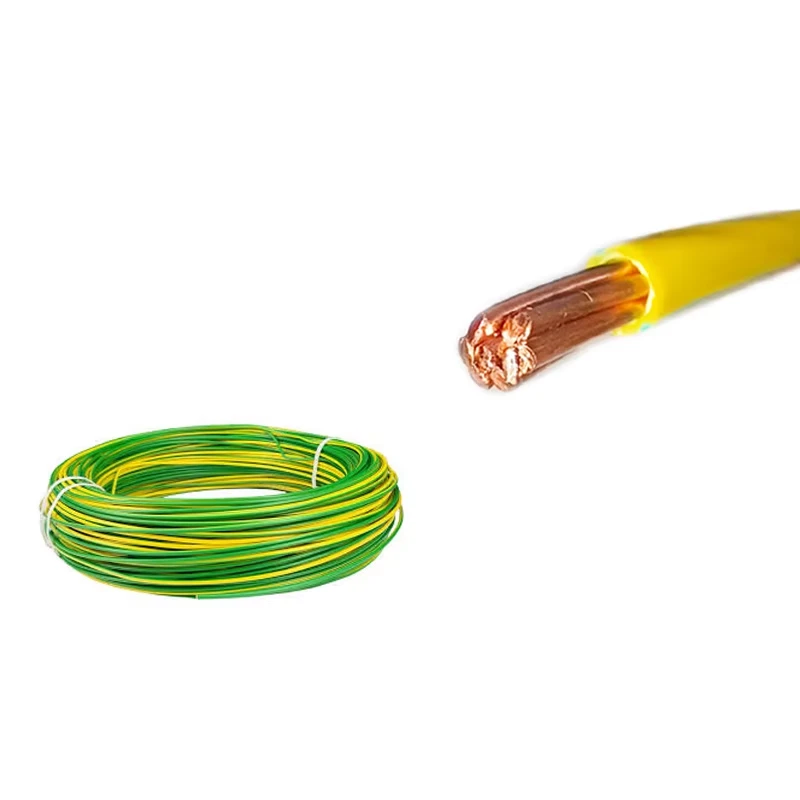
Cost Analysis of Purchasing Armoured Electric Cables for Your Projects
Understanding the Buy Cost of Armoured Electric Cable
When it comes to electrical installations, the choice of cable is critical to ensure safety, reliability, and longevity. Among various available options, armoured electric cables stand out due to their durability and protection against external factors. However, understanding the buy cost of armoured electric cable involves several elements that contribute to the overall expense. This article delves into various factors affecting the buy cost and why it is a worthy investment.
What is Armoured Electric Cable?
Armoured electric cable is designed with a protective layer of metal (usually steel or aluminum), which safeguards the inner conductors from mechanical damage. They are typically used in situations where there is a risk of physical damage to the cable, such as in construction sites or industrial environments. The extra protective layer also provides additional benefits, including resistance to moisture and chemicals, making them suitable for both indoor and outdoor applications.
Factors Influencing the Buy Cost
1. Material Composition The primary factor influencing the cost of armoured electric cables is the materials used in manufacturing. The conductors are generally made from copper or aluminum, with copper being more expensive. The type of armouring (copper, aluminum, or galvanized steel) and the thickness of the protective layer also contribute to the cost. High-quality materials enhance durability but come at a higher price.
2. Cable Specifications The size and specifications of the cable significantly affect the price. For instance, cables with larger cross-sectional areas can handle higher currents and are thus more costly. Additionally, features such as the number of cores (the individual conducting strands within the cable) and insulation quality will influence the price. Customers must assess their requirements carefully to choose the appropriate cable for their applications, balancing cost against performance needs.
3. Manufacturing Standards The standards to which the cables are manufactured and certified can also impact their price. Cables that comply with international quality standards, such as BS, IEC, or UL, often bear higher costs. However, investing in cables that meet these standards ensures higher reliability and safety, reducing long-term risks and potential costs associated with failures.
buy cost of armoured electric cable

4. Supplier and Location The source from which the cables are purchased can significantly affect pricing. Suppliers offering extensive warranties and superior customer service may charge higher prices. Additionally, purchasing from local suppliers could help in reducing costs related to shipping and handling, whereas international procurement might come with added freight costs.
5. Market Demand and Economic Factors The overall market demand and economic conditions can play a vital role in the pricing of armoured electric cables. Fluctuations in raw material prices, changes in trade policies, or shifts in the construction industry can lead to unpredictable price changes. Keeping an eye on market trends can help potential buyers make informed purchasing decisions.
6. Quantity and Bulk Purchases Purchasing armoured electric cables in bulk often provides cost advantages. Many suppliers offer discounted rates for large orders, reducing the overall buy cost per unit. For contractors or businesses that require significant amounts of cable, planning for bulk purchases can lead to substantial savings.
The Worth of Investment
While the initial buy cost of armoured electric cables might be higher than standard cables, the long-term benefits outweigh the upfront expenses. The durability and robustness of armoured cables contribute to lower maintenance costs and fewer replacements over time. They offer enhanced protection against physical damage, environmental factors, and electrical faults, ultimately ensuring safety and reliability in electrical installations.
Additionally, investing in high-quality armoured cables can lead to improved performance and efficiency within electrical systems. As a result, they can contribute to energy savings and operational reliability, making them a smart choice for both residential and commercial applications.
Conclusion
In summary, the buy cost of armoured electric cables is influenced by various factors, including material composition, specifications, manufacturing standards, market conditions, and purchasing strategies. While they may require a higher initial investment, their durability, safety, and performance make them a valuable addition to any electrical installation. By considering all these factors, buyers can make informed decisions that will lead to optimal outcomes in their projects.
-
Reliable LIYCY Cable Solutions for Low and Medium Voltage ApplicationsNewsJul.14,2025
-
Premium Overhead Electrical Wire Solutions for Low and Medium Voltage ApplicationsNewsJul.14,2025
-
Innovative XLPE Electrical Cable Solutions for Modern Low and Medium Voltage NetworksNewsJul.14,2025
-
High-Quality Ethylene Propylene Rubber Cable – Durable EPDM Cable & 1.5 mm 3 Core OptionsNewsJul.14,2025
-
Exploring the Versatility of H1Z2Z2-K 1X4mm2 Cables in Modern ApplicationsNewsJul.14,2025
-
Uses of Construction WiresNewsJul.14,2025
-
Types of Neoprene CableNewsJul.14,2025














